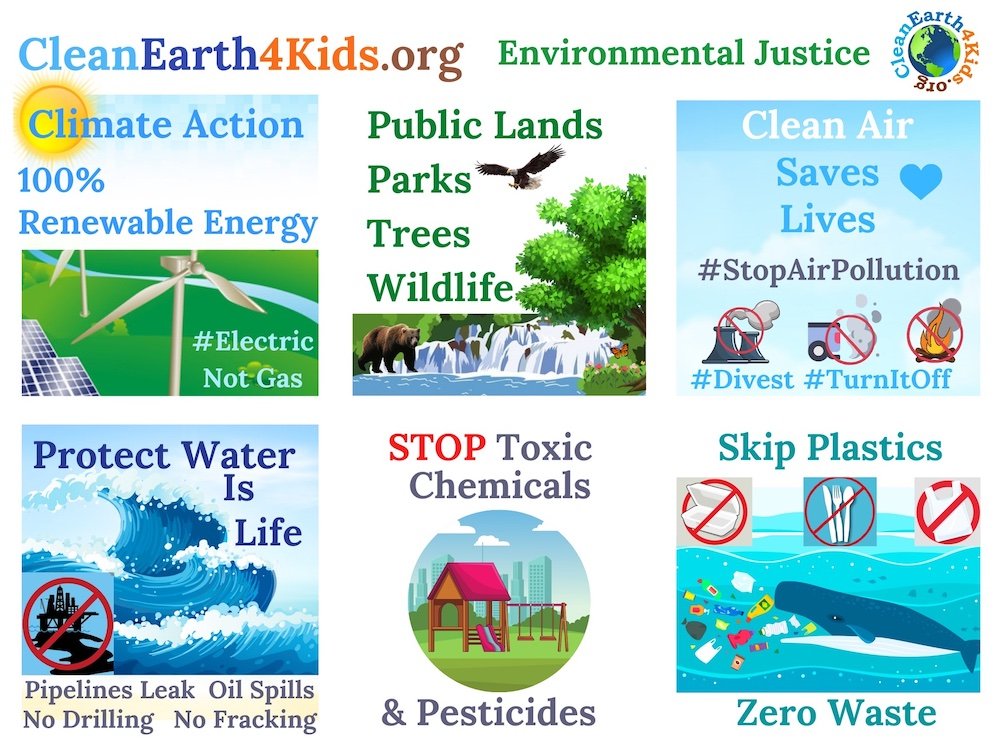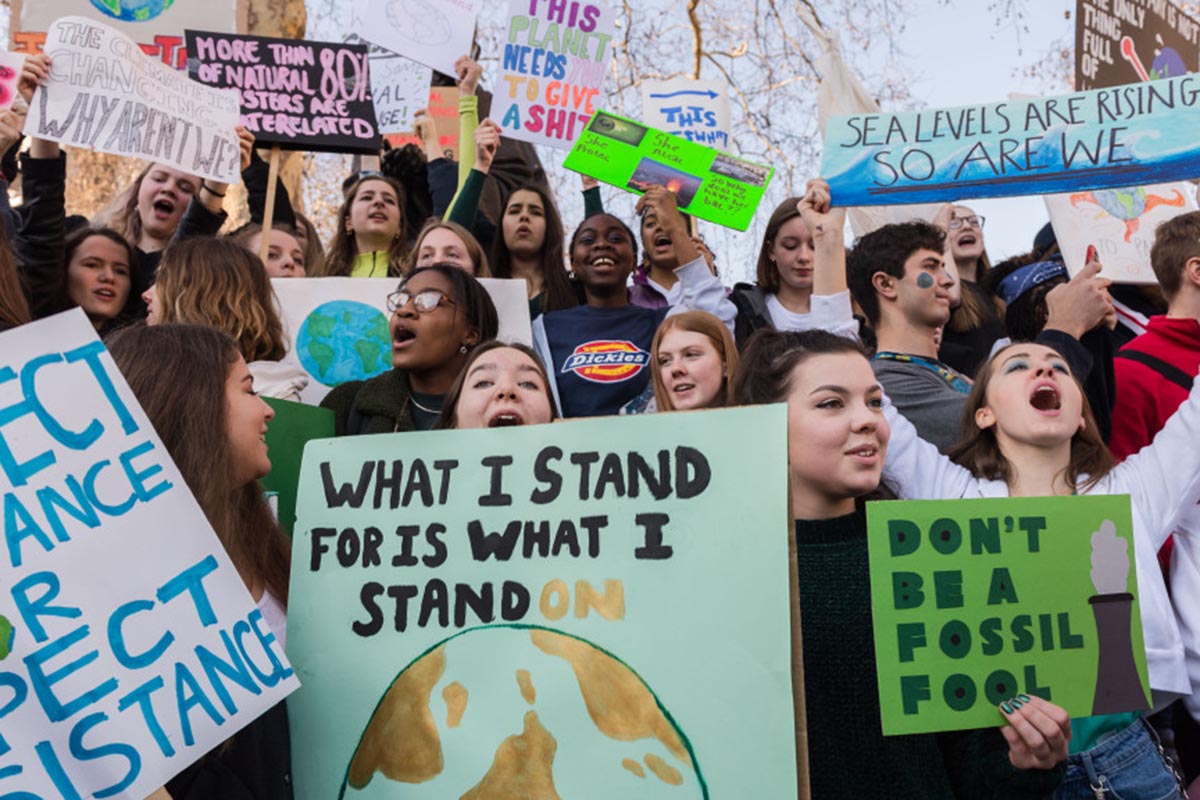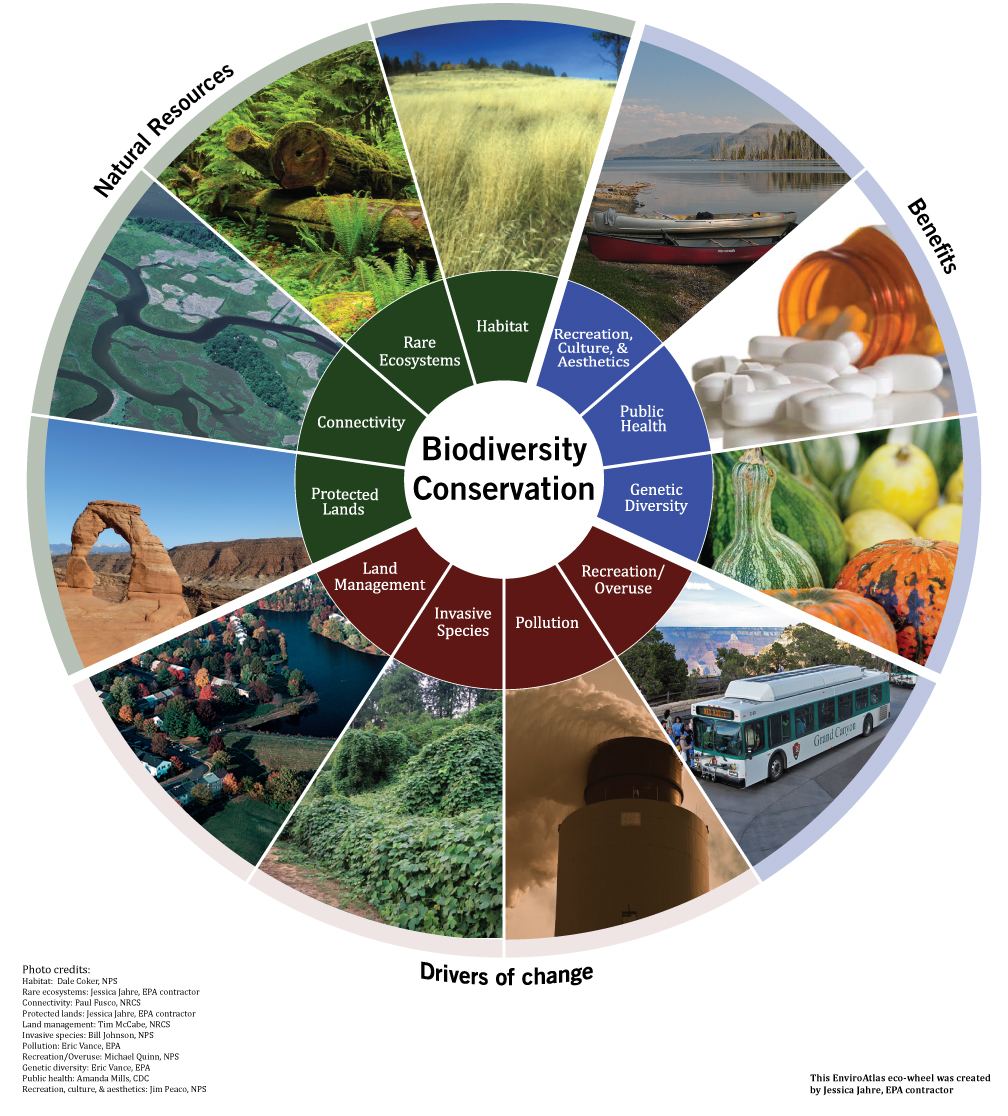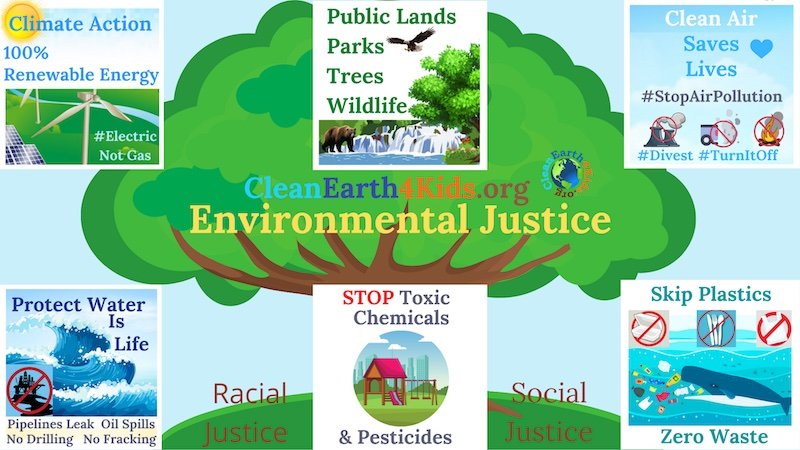Water Conservation: An Essential Step Towards Protecting Our Planet’s Future
In today’s rapidly changing world, it has become crucial for us to take active measures to protect our planet from the growing threat of water scarcity. The power of water conservation cannot be underestimated. By making conscious choices to conserve water in our daily lives, we can play a significant role in safeguarding our future and that of generations to come.
Why is water conservation important?
Water is a finite resource, and only a small fraction of the Earth’s water is readily available for human use. With a rapidly increasing global population and the impacts of climate change, water scarcity is becoming a pressing issue in many regions. By conserving water, we can alleviate the strain on water supplies, reduce energy consumption, and mitigate the harmful effects on ecosystems.
1. The impact on the environment:
Water conservation directly contributes to environmental sustainability. Conserving water helps preserve aquatic habitats, protects natural water sources, and maintains the ecological balance. By reducing water consumption, we can minimize the need for energy-intensive water treatment and ensure the longevity of our natural ecosystems.
2. Saving energy:
Water and energy are closely intertwined. Pumping, treating, and heating water require significant amounts of energy. By conserving water, we indirectly save energy, as less water consumption leads to less energy demand. This, in turn, reduces greenhouse gas emissions, helps combat climate change, and promotes a cleaner and greener world.
3. Financial savings:
Water conservation can also lead to substantial financial savings for individuals and communities. By installing water-efficient fixtures, repairing leaks promptly, and adopting water-saving habits, households can significantly reduce their water bills. The money saved can be redirected towards other essential needs or investments.
How can we conserve water?
1. Fixing leaks:
One of the easiest ways to conserve water is to fix any leaks in our homes or workplaces. A dripping faucet or a running toilet may seem insignificant, but over time, they can waste a significant amount of water. Regularly check for leaks and repair them promptly to prevent water wastage.
2. Water-efficient fixtures:
Install water-saving devices like low-flow showerheads, faucets, and toilets. These fixtures are designed to use less water without compromising functionality. By upgrading to efficient fixtures, you can save gallons of water every day.
3. Outdoor water use:
Be mindful of how you use water outdoors. Choose drought-tolerant plants for your garden, and water them during early morning or late evening to minimize evaporation. Utilize mulch and proper irrigation techniques to retain soil moisture. Collect rainwater in barrels or use graywater for non-potable purposes like watering plants or cleaning.
4. Adopting water-saving habits:
Small changes in our daily routines can make a big difference. Turn off the faucet while brushing your teeth or washing dishes, take shorter showers, and only run the dishwasher or washing machine with full loads. These simple habits can significantly reduce water consumption over time.
5. Education and awareness:
Spread the message about the importance of water conservation. Educate your family, friends, and community about the power of water conservation and the collective impact it can have. Encourage the adoption of sustainable practices and celebrate achievements in water conservation together.
Final thoughts
Water conservation is not just a responsibility; it is our duty towards creating a sustainable future. By valuing and conserving water, we can preserve this precious resource for future generations and protect the health and well-being of our planet. Let us join hands and take action today to secure a brighter tomorrow. Together, we can make a significant difference in safeguarding our planet’s future.











